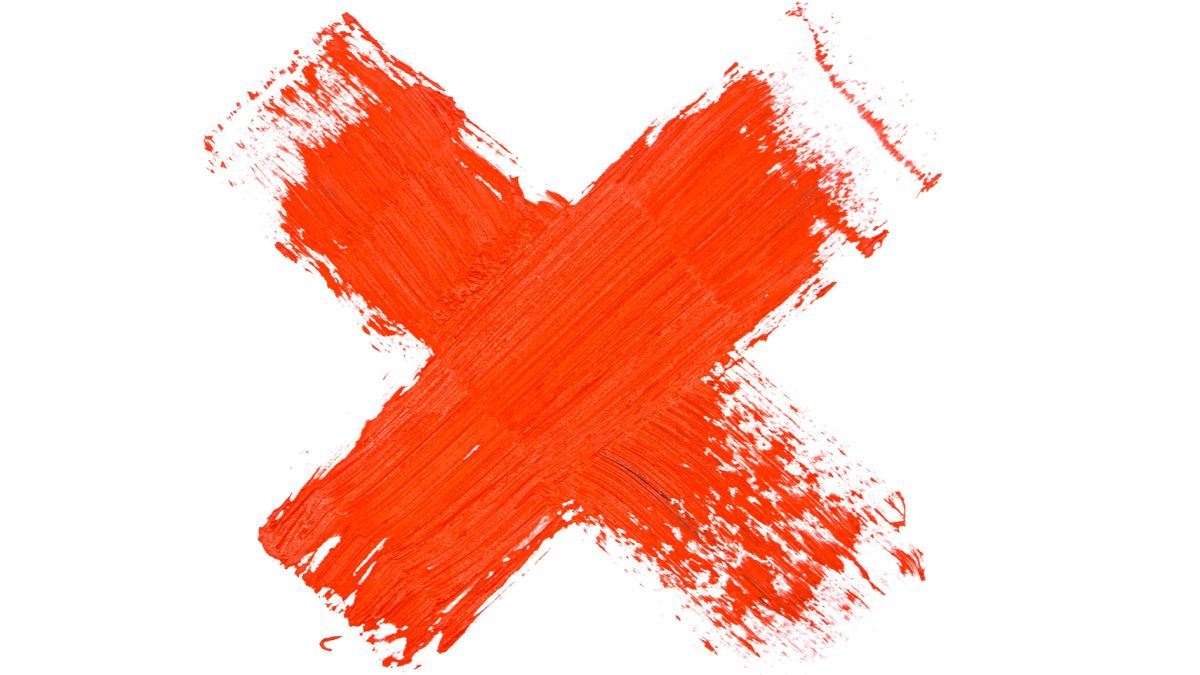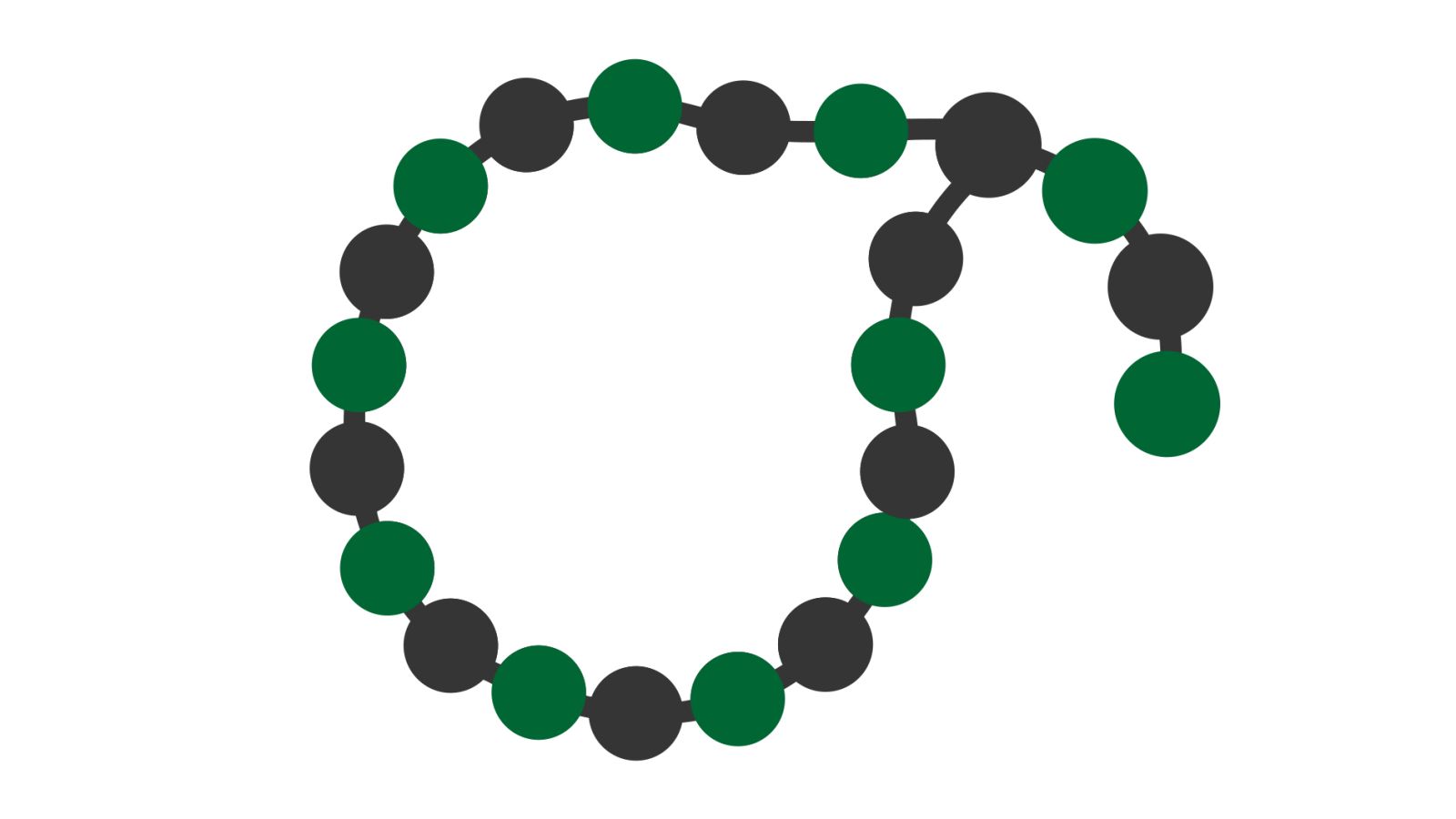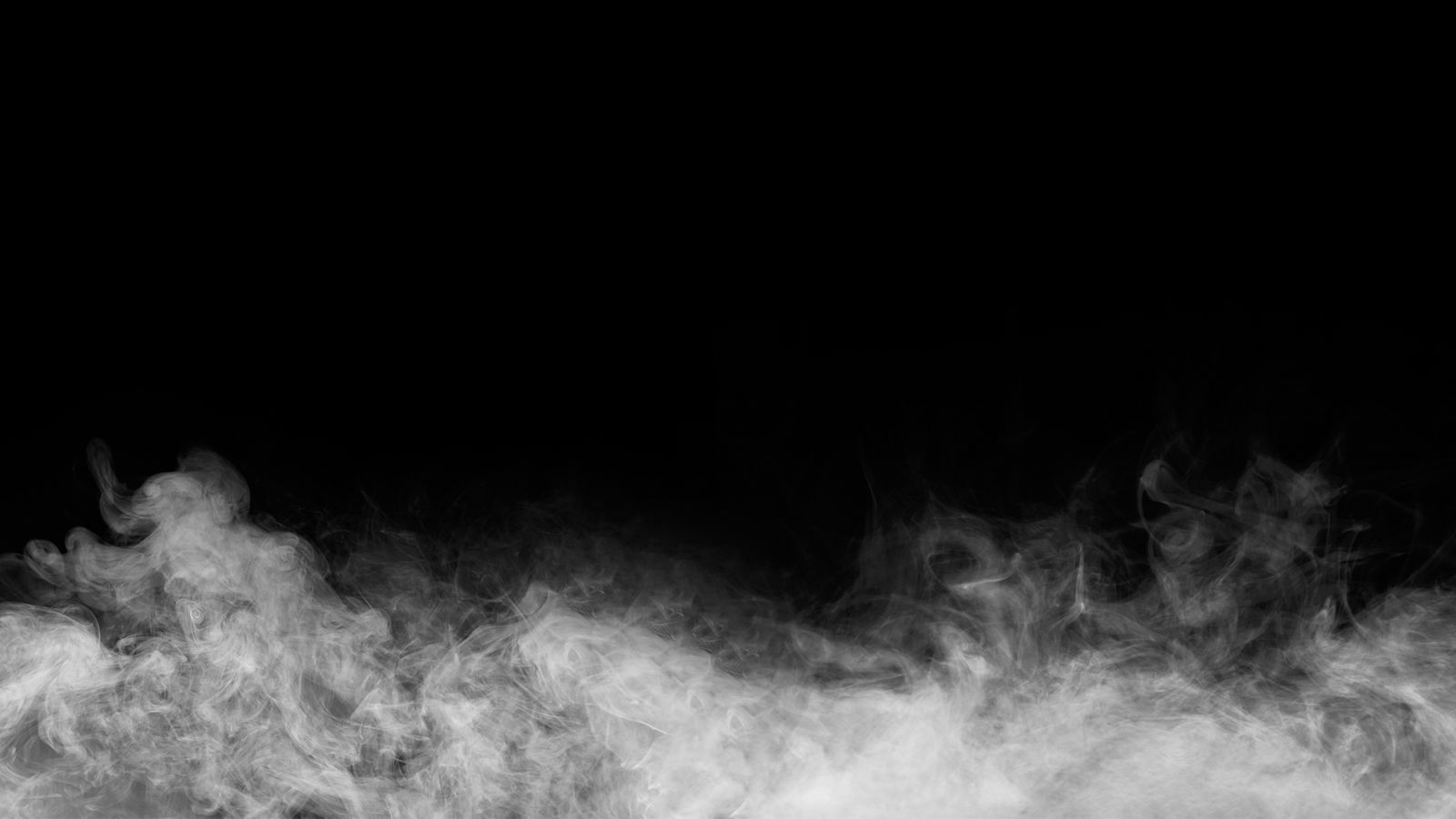Shirk in the Naqshabandī Ṣūfī Tarīqah


Every breath that our Grandshaykh turns toward us from his spiritual breaths is like a warm spring breeze which blows on the bare branches of trees, causing buds and blossoms to burst forth
Shirk in the Naqshbandi Ṣūfī Tarīqah
Yesterday I was invited to visit the Naqshbandi homepage because it’s great, I was told. This caused me to take one of their articles and demonstrate once again the greatest Shirk that we can find in their writings.
The article, “Meded – Asking Support From Grandshaykh”, which I include below, contains several jaahilee concepts, among which:
- Duʿāʾ to Allāh to derive from the Grandshaykh (Ad-Daghistani) from his spiritual care even from the grave.
- “We derive our spiritual power from his heart center.”
- “the breaths of Allāh’s Saints give life to their followers, to their spiritual sons and daughters.”
- “Ša real Grandshaykh always keeps a watchful eye on his followers” [even if passed away]
- Claim that to stand firmly in the face of our enemies: the lower self, Satan, vain desires and worldliness, “we need his support,” and that “without such a strong support a person will be vanquished.”
- Their saying, “Therefore, we seek our Grandshaykh¹s support by saying: “Meded Ya Sayyidi”, “Support, oh my Master.” “You must call upon your Grandshaykh in such a manner when you are in need of support, then that support may reach you.”
- Their claim that guidance reaches to our hearts through the Saints.
- Their saying, “you must look for the support of the Saints in a Universe in which you are totally weak.”
This article is useful for explaining how some people fall in shirk in all aspects of Tawḥīd:
Shirk in Tawḥīd ur-Ruboobeeyah
Their claim is that the Grandshaykh can bring good fortune or remove calamities; he can govern the affairs of this world and he is believed to have power and influence besides Allāh, or that Allāh creates creations that can cause harm and benefit to His creatures. The Grandshaykh is one upon whom we are dependent for guidance and spiritual strength.
Shirk in Tawḥīd ul-ʿĪbādah
Directing one’s acts of worship, such as duʿāʾ (supplication), seeking help, tawakkul (trust and reliance), and hope for good fortune to other than Allāh.
Shirk in Tawḥīd ul-Asmāʾa wa-al-Ṣifāt
Attributing divine power to Allāh¹s creation. Attributing to man the power to keep a watchful eye on his followers, whether alive or dead, the power and ability to guide people’s hearts that belong to Allāh alone, and the ability to answer prayers of Allāh¹s creation and provide them with aid.
Refutation from the Qurʾān
Allāh says in the Qurʾān,
“And who is more astray than one who calls besides Allāh, such as will not answer him till the Day of Resurrection; and who are (even) unaware of their calls to them? And when mankind gathered (on the Day of Resurrection), they (false deities) will become enemies for them and will deny their worshipping.”
[46:5-6]
“You Alone we worship and from You Alone we seek help.”
[1:5]
“Do they attribute to Allāh those who created nothing but they themselves are created? No help can they give them, nor can they help themselves.”
[7:191-2]
“Those on whom you call besides Allāh are only slaves like yourselves.”
[7:194]
“Do not worship besides Allāh that which cannot help or harm you.” [21:66]
“And those whom you invoke or call upon instead of Him, own not even a Qitmir (the thin membrane over the date-stone). If you invoke them, they hear not your call, and if they were to hear, they could not grant it to you. And on the Day of Resurrection, they will disown your worshipping them. And none can inform you like Him Who is the All-Knower.”
[35:13-14]
“And invoke not besides Allāh any that will neither profit you nor hurt you, but if (in case) you do so, you shall certainly be one of the Dhaalimooon. And if Allāh touches you with heart, there is none who can remove it but He; and if He intends any good for you, there is none who can repel His Favour which He causes it to reach whomsoever of His slaves He will. And He is the Oft-Forgiving, Most Merciful.”
[16:107]
Also,
“You worship besides Allāh only idols, and you only invent falsehood. Verily, those whom you worship besides Allāh have no power to give you provision, so seek your provision from Allāh (Alone) and worship Him (Alone), and be grateful to Him. To Him (Alone) you will be brought back.”
[29:17]
Refutation from the Sunnah
“If you ask in prayer ask only Allāh, and if you seek help, seek it only from Allāh.” [At-Tirmidhī, al-Nawawī¹s Forth Hadith]
“He who dies while praying to someone as rival to Allāh, the reward for such a person shall be the Fire of Hell.” (Narrated by Al-Bukhārī) “O people of Quraish, sell your own souls. I will not be of any help to you before Allāh; O ʿAbbās ibn ʿAbd al-Muṭṭalib, I will not be of any help to you before Allāh; O Safiyah, aunt of Allāh¹s Messenger, I will not be of any help to you before Allāh; O Fāṭimah, daughter of Muḥammad, ask of my wealth what you wish, I will be of no avail to you before Allāh.” (Narrated by al-Bukhārī)
During the days of the Prophet ﷺ, there was a hypocrite who used to harm the believers, some of them (the believers) said: “Come (support) with us while we appeal to Allāh¹s Messenger for assistance against this hypocrite.” The Prophet, ﷺ, replied, “Verily, no one should seek to me for assistance.”Indeed, it is Allāh Who is to be sought for assistance and help.” (at-Ṭabarānī)
Saying of a scholar, Ibn Rajab, raḥmatullāhi `ʿalayhi: “Know that it is an obligation to invoke Allāh alone in duʿāʾ, and not His creation. Invoking entails showing humiliation, destitution, need, and poverty by the one who is invoking while admitting that the one who is being invoked has power over delivering such matters as removing hardship, delivering the need, bringing about the benefit, and fending off harm. Admitting (and showing) humility and meekness can only be revealed to Allāh, Alone, for this is the essence of worship.”
Proofs are numerous since Shirk is crystal clear in their article, wa lā Hawla wa la quwwata illā billāh (and there is no ability or power save by Allāh).
Their article is found on www.best.com/~informe/mateen/Ṣūfī/meded.html (link non-existant now)
Meded – Asking Support From Grandshaykh
Our Grandshaykh is Shaykh ʿAbdullāh Al-Faiz Ad-Daghistani, may Allāh Almighty sanctify his blessed soul and draw him ever closer to His Divine Presence. May He Almighty cause us to benefit from Grandshaykh’s blessings and teachings, and from his spiritual care for us even from the grave. We derive our spiritual power from his heart center. If he cuts us off we are stranded. Every breath that our Grandshaykh turns toward us from his spiritual breaths is like a warm spring breeze that blows on the bare branches of trees, causing buds and blossoms to burst forth. Like the spring breeze that carries the revival of life within it, so do the breaths of Allāh’s Saints give life to their followers, to their spiritual sons and daughters. That relationship is stronger than the relationship to our parents, as there is only a short period of time in which they are all and everything to their small children, and, ultimately, it is very difficult for them to influence their children to follow the way of life that they would choose for them. Perhaps those children will leave them and go away to the far corners of the Earth and choose a way of life totally unrelated to that of their parents. But a real Grandshaykh always keeps a watchful eye on his followers, whether that Grandshaykh be living in this world or already has passed on to the existence beyond this world. He never abandons them.
Yes, we are always seeking our Grandshaykh’s support, support that will help us act according to our Lord’s commands, and support to help us stand firm in the face of our enemies: the lower self, Satan, vain desires, and worldliness. For both of these goals – progress on the right way and avoiding deviation from it completely – we need his support. Without such strong support a person will be vanquished.
Therefore, we seek our Grandshaykh’s support by saying: “Meded Ya Sayyidi”, “Support, oh my Master.” You must call upon your Grandshaykh in such a manner when you are in need of support, then that support may reach to you. The more you feel yourself to be weak and in need of support, the more support he will extend to you. But the more you depend on your own knowledge and your mind’s powers, the less support you will receive, as Grandshaykh will say: “He is self-sufficient, so why to lend him support? Leave him in the hands of his ego.”
When the Holy Prophet asked his Lord, “Oh my Lord, don’t leave me in the hands of my ego even for a muʿmīnt”, he was seeking refuge from two undesirable possibilities: 1) to be left in the hands of his ego’s base desires, and 2) to be left alone to guide himself only by his mind and knowledge. In both these ways the ego attempts to separate us from true guidance, and in admitting our weakness and seeking support in the face of the ego’s trickery we gain that help.
Divine Guidance and help reached to our Prophet through the Archangel Gabriel who acted as Allāh’s representative in carrying His revelation to the Prophets so that Divine Help reaches to the Saints via the Holy Prophet, who acted as Allāh Almighty’s representative in bringing guidance to his Nation. And ultimately, after the Prophet’s time, that guidance reaches to our hearts through the Saints, his inheritors, as we have not yet developed the senses with which to listen directly to the Prophet’s guidance. Some foolish people, even among the Muslims, will undoubtedly deny this, saying that all that remains of the Holy Prophet’s guidance is what is written in books. This point of view, far from being the reality, is a blind man’s view, for were the Holy Prophet to have taken those powers with him upon his death there would remain no more religion, no more faith, no nothing from Islām. No, that prophetic power never leaves the Earth; it is only transformed and distributed through the awareness of the Holy Prophet’s inheritors.
Therefore, you must look for the support of the Saints in a Universe in which you are totally weak. Once you have established a good connection with such a person you will always be in contact with him: a “wire” will carry current to your heart from his power source. That aid will make itself felt most in times of need. Now it is daytime and you don’t seek a torch, no need; but at night such a small light will prevent you from falling into a pit.

















